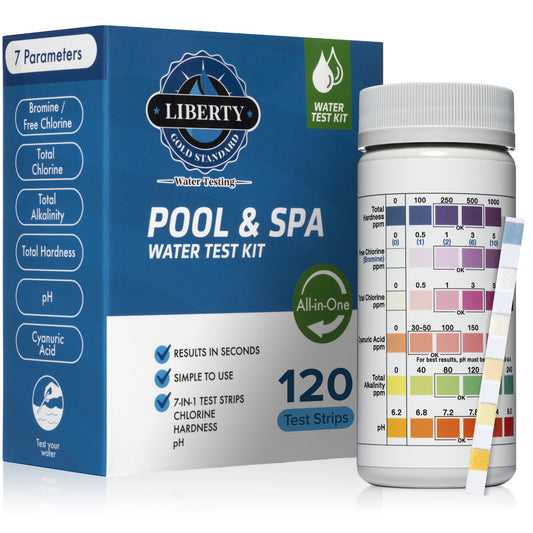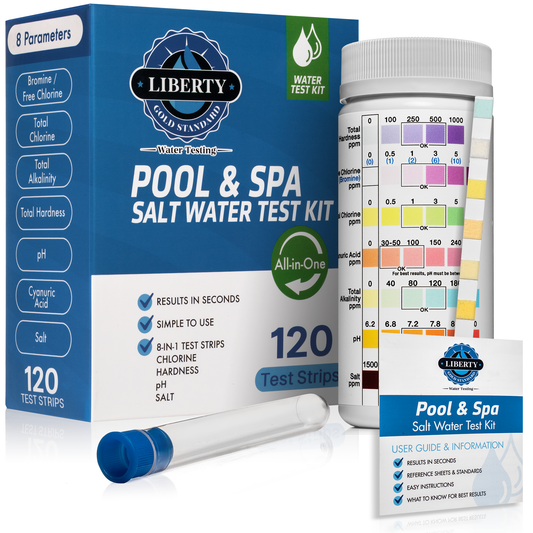Did you know that water has a memory? Or does it? Yes, you read that right. Scientists have found that water can retain information about substances that were once dissolved in it, even after the original substance is long gone. It's like water has a photographic memory, but for molecules.
Fact or Fiction?
While the idea of water having a "memory" is intriguing, it's important to note that the scientific consensus is that water does not possess this ability. The concept often arises from misunderstandings of scientific research or the desire to find mystical properties in nature.
The Origin of the Myth:
The notion of water memory gained popularity due to its association with homeopathy. Homeopathy is a form of alternative medicine that involves using highly diluted substances, often to the point where no original molecules remain. Proponents of homeopathy suggested that water somehow retained the "essence" of these substances, even in infinitesimal amounts.
Scientific Scrutiny:
Numerous scientific studies have failed to replicate the claims of water memory. The scientific community generally agrees that the effects observed in homeopathy can be attributed to other factors, such as the placebo effect or experimental error.
So, while the idea of water having a memory is captivating, it's essential to approach it with a critical eye and rely on established scientific knowledge.










